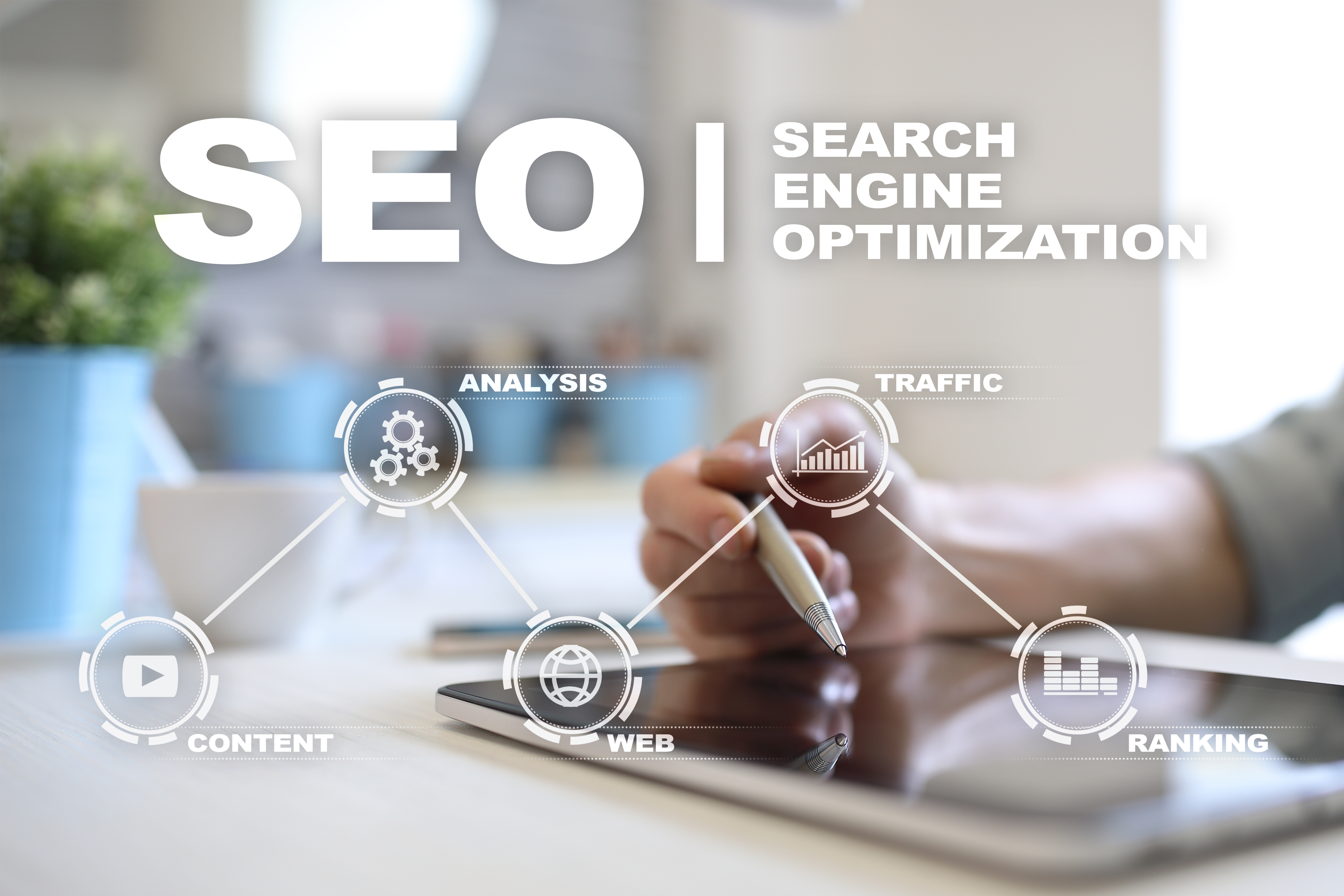If you own a brick-and-mortar business, you may have already heard of local search engine optimization. But what does local SEO mean actually and why does it matter?
Local SEO helps people in your area easily find your business through searches on sites like Google, Yahoo, and Bing. Local SEO marketing has become one of the most important facets of online marketing, and helps improve your business rank on local searches.
What Does Local SEO Mean?
Let’s say you want to find a restaurant nearby, but don’t know where to go. What’s the first thing you do? Most people instantly take out their phone or computer, open Google, and perform a search online. In this case, you’d probably type in something like:
- Restaurants near me
- Restaurants nearby
- Restaurants in [city name]
Then after a click, Google (or whichever search engine you tend to use), will respond by providing a list of links that relate to that inquiry. If you’ve ever conducted a similar search on Google (which statistically, you probably have) you’ll recognize a box similar to the example below in your organic search results:
When you conduct a local search, you’ll get results like this, known as the “local pack”. In local SEO, a business aims to appear in the local pack. You can do this through different strategies like including local keywords in website content, local link building, creating a Google My Business (GMB) profile, or adding a local business schema markup.
As a business, you want to make it easy for people in your area to find your local business online. Local SEO aims to promote a business’ visibility on location based searches. Search engines strive to help people find businesses in their area. The search engines may use keywords like those mentioned above, “near me”, “nearby”. Sites may also rely on geo qualifiers such as a city, state, or ZIP code, and provide answers to a query based on their location.
So Why Does Local SEO Matter to Your Business?
If you own a brick-and-mortar business that caters to people living in your area, local SEO provides a crucial method of attracting new customers. Just take a look at some of the statistics:
- The number of searches using the words “near me” or “nearby” doubled in 2017 with that trend continuing to grow.
- 86 percent of people search for the location of a business on Google Maps.
- 50 percent of consumers who perform a local search on their smartphone will visit the store in-person on the same day.
- 34 percent who searched from a desktop or tablet visited a store on the same day.
- 51 percent of people use a search engine to find a restaurant.
- 56 percent of consumers use search engines to find a retailer.
- 25 percent of consumers use a search engine to locate an ATM. Of that group, nearly 50 percent visit the bank website after the search.
These are just a few examples of how local SEO helps businesses grow. Not only do consumers discover businesses nearby through local searches, but a recent study shows that users engage with businesses more after performing local searches. Customers book appointments online, place orders, and write reviews.
Why Does Local SEO Matter Versus Your Current SEO Strategy?
Similar to SEO strategy, local SEO involves figuring out your target audience, what they search, and how you can get your business to appear in their search inquiries. Local SEO only differs in the sense that you optimize towards those local searches.
If you already have developed a successful SEO strategy, fantastic! You can further improve your current SEO strategy by taking steps to increase the visibility of your business’ website in local searches.
A Few Tips for Local SEO Strategy
You can boost your visibility with a few surefire tips (many of which don’t cost a thing):
- Create a location page on your website: Having a landing page on your website helps search engines locate your business more easily and increases visibility for local searches.
- Create a Google My Business (GMB) profile: Google allows businesses to create a free profile which helps websites rank on search inquiries.
- Keep contact information and business listings consistent: Search engines will have an easier time locating your business if you make sure that you keep your business name, address, and contact information consistent across all websites and listings. Make sure to update any old listings if your business has moved.
- Optimize content with local keywords: Just like with traditional SEO, you’ll want to perform keyword research to decide which keywords to include on your website.
- Add customer reviews: Customer reviews improve local rankings but also let customers know that your business is recommended by others.
- Publish local content: Adding a blog that relates to your community will help improve search rankings and interest customers in your region.
Following these local SEO strategies can help your website appear in the local search pack. Just by taking a few simple steps could mean a big boost in business.
Get your digital marketing strategy dialed in today when you talk with a Web Graphics, Inc. Client Advisor at 1-800-932-7746.
